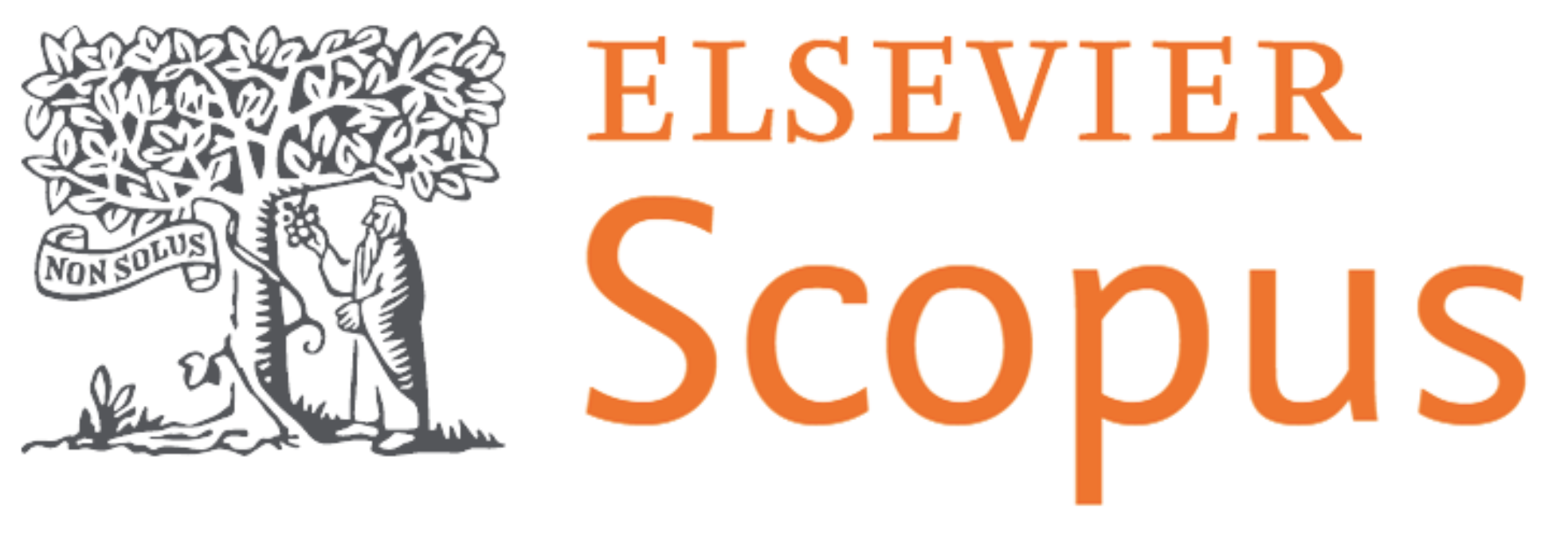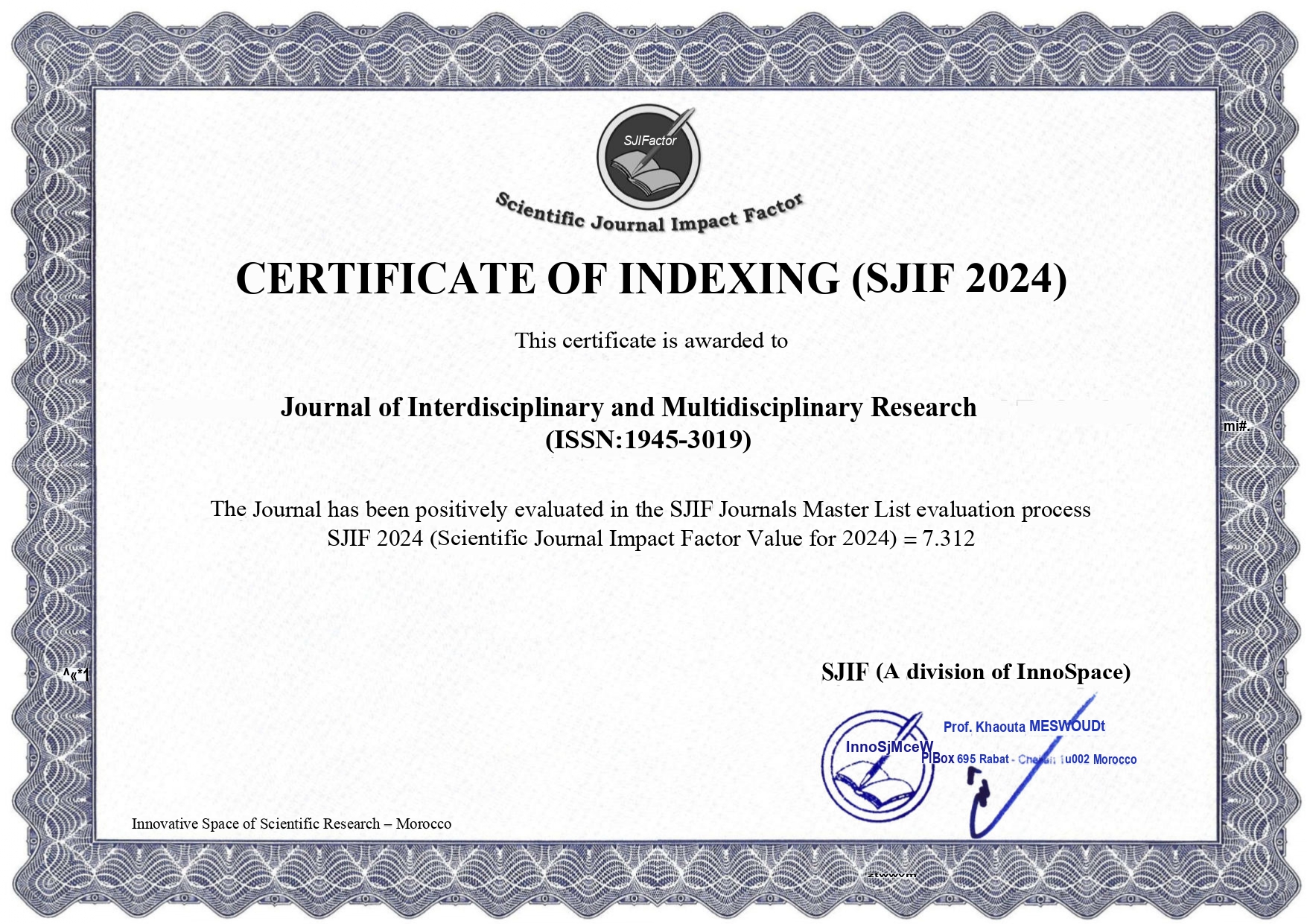Redefining Solidarity: Humanism and the Role of Community in Richard Rorty’s Pragmatist Vision
DOI:
https://doi.org/10.5281/zenodo.16861969Keywords:
Pragmatism, Humanism, Solidarity, Sentimental Education, Ethics.Abstract
This paper explores Richard Rorty’s vision of humanism and community through the lens of his pragmatist philosophy. Rorty challenges the traditional foundations of ethics, rejecting fixed human nature and objective truth. Instead, he presents a humanism rooted in language, culture, and shared stories. Central to Rorty’s thought is the idea of “sentimental education,” where literature and narratives foster empathy and moral sensitivity. The paper argues that solidarity, rather than objectivity, serves as the foundation for building communities. Drawing from thinkers like Višňovský, Koopman, and Shusterman, the discussion shows how Rorty’s ideas offer a flexible, inclusive, and hopeful path for democracy and ethical life. Critics such as McCarthy and White express concern about the limits of Rorty’s framework, especially in confronting injustice and sustaining robust political action. However, the paper concludes that Rorty's emphasis on kindness, conversation, and hope remains a valuable resource for addressing moral and political challenges today. Rorty’s post-philosophical vision allows communities to adapt, evolve, and work toward reducing cruelty through shared language and imagination, rather than through metaphysical or universal doctrines.
Downloads
Published
Issue
Section
License
Copyright (c) 2025 Mr. Nipul Kumar Nath , Dr. Bhaskar Bhattacharya (Author)

This work is licensed under a Creative Commons Attribution 4.0 International License.






